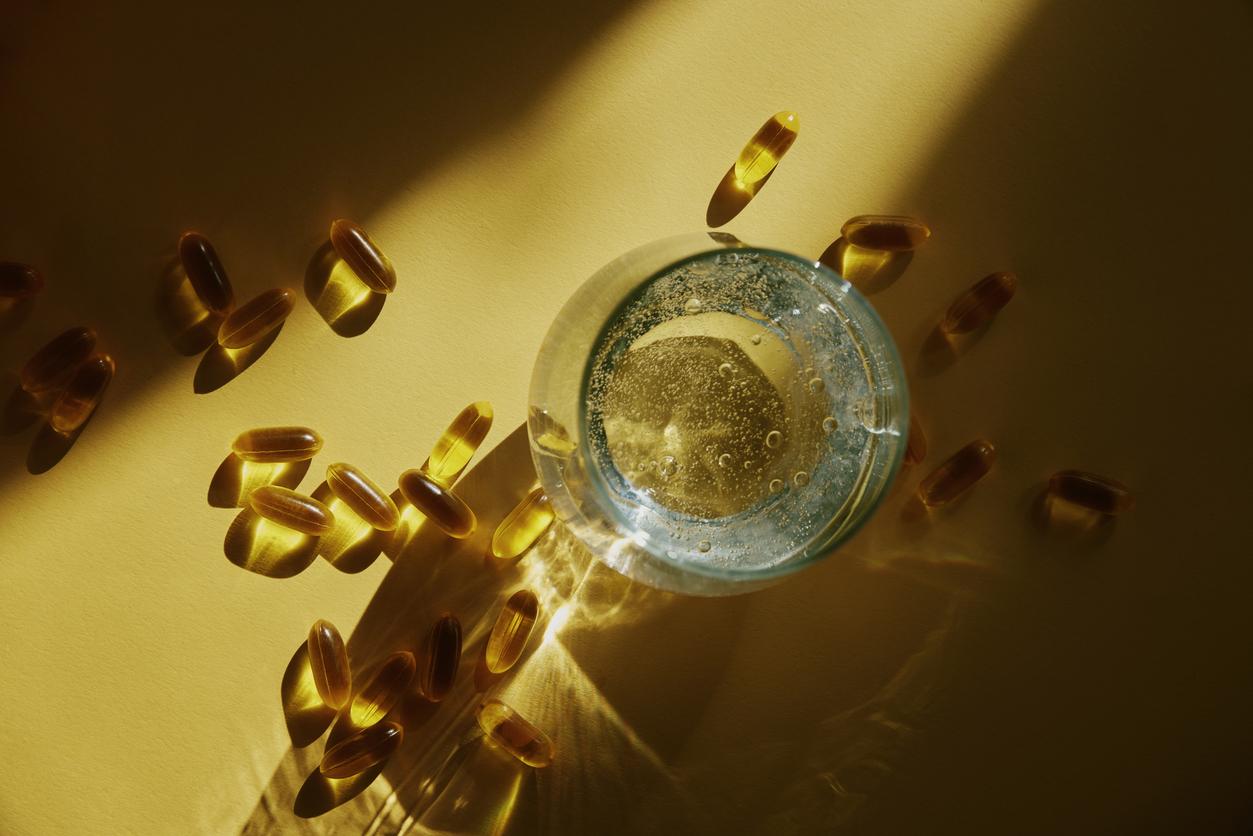Coffee, tea and why not mate? The leaves of mate tea now have followers all over the world. Discover all the benefits of mate (also called St-Barthélémy tea) for health, tone and not only …
The mate (or yerba mate) is, initially, a plant native to South America and more particularly Argentina, Paraguay and Brazil. This plant is usually eaten in infusion for his beneficial effects on the whole body. But the benefits of mate are also therapeutic.
Mate has proven itself: it fights physical and mental fatigue and improves alertness and attention. Its particularity is to contain a mixture of several types of caffeine. This mixture makes it possible to increase the arousal and to fight against falling asleep. This is one of the first benefits of mate.
Mineral salts and vitamin B present in mate maintain the action of the nervous system and help in physical relaxation. It is a precious help for athletes.
The European Medicines Agency (EMA) also recognizes the traditional use and the benefits of mate to “fight against fatigue and weakness.
What are the active ingredients in mate?
- Mate leaves contain a high level of caffeine.
- Mate is rich in vitamins A, B and C, magnesium and calcium
- Mate is twice as rich in antioxidants as green tea.
- Phenols, at the origin of its bitter flavor, facilitate urinary secretion.
Other health benefits of mate
- Mate acts on excess fat and promotes weight loss.
- It purifies and boosts the immunity of the human body
- It facilitates digestion and fights against constipation.
- It relieves headaches and rheumatic pains.
- It has diuretic properties and thus helps eliminate toxins.
How to use mate?
- For an infusion consumption: 4 to 5 g of dried leaves of mate in 1 l of water. We should not exceed 3 to 5 cups per day, due to the caffeine level.
- The absorption of mate in the form of capsules should in no case exceed 6 capsules per day.
- To make a poultice, apply the mate leaves to the part of the body affected by the condition to be treated and leave to act for about 10 minutes.
- The mate is also applied as a mask on the face to reduce wrinkles.
Adverse effects of mate
The use of mate is not recommended during pregnancy and not recommended in individuals prone to heart problems, insomnia, anxiety and kidney problems. It is always best to seek the advice of a healthcare professional.
In terms of taste, mate remains very close to tea in infusion. But because of its caffeine content, it is recommended to avoid it before bedtime.
Be careful, however, because mate can cause sleeping troubles as well as heart problems. In addition, its laxative effects can accelerate transit. Finally, its stimulating powers on brain activity can increase the risk of addiction.















